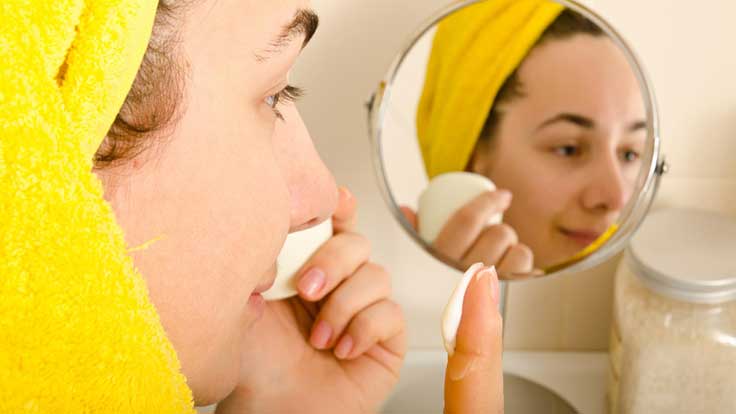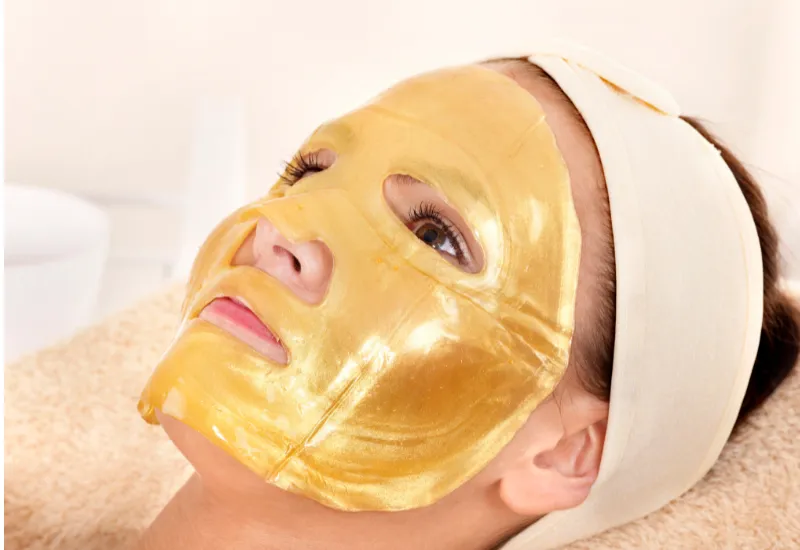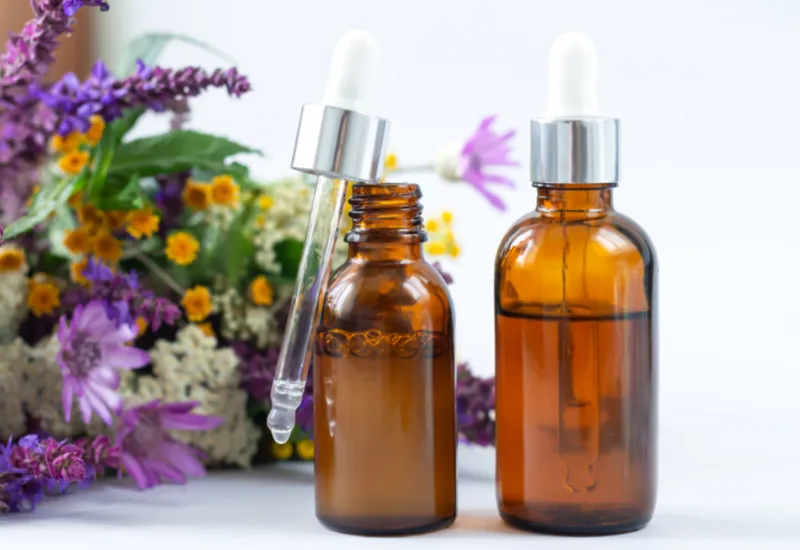Quick Links
For Patients
For Physicians
- Refer a patient to a specialist
- Order labs for patients
- Order radiology for patients
- Order At-Home Services
- Get your practice listed
For Companies

© Copyright 2024 American TelePhysicians. All rights reserved.









Acne is one of the most common skin conditions that affect millions of people worldwide. The age group most affected by this skin condition is teenagers, although it may occur at any age due to various causes. The medical term for this condition is known as acne vulgaris. In the majority of cases, it appears on the skin of the face, but it can also occur on the shoulders, chest, and back. On a commercial scale, multiple products are available that claim to treat acne, although they may or may not be effective in getting rid of this condition. It is best to consult a dermatologist in case of a long-standing acne issue rather than employing other options.